Why Most Doubts About God Are Emotional, Not Intellectual (Part I)
If we’re honest, we would all admit that we have doubts about God to some degree or another. I mean, on some level, it almost feels like human nature to resist fully trusting anything. We doubt ourselves, we doubt other people, and more than anything, we doubt God.
Doubt is normal. No matter who you are, you’re going to have doubts. Even biblical heroes such as Job, Abraham, David, Jeremiah, John the Baptist, Thomas, and Paul had doubts about God. But for some reason, too many of us think that doubts should be avoided.
I think we get the idea that doubt is bad from a misapplication of Scripture. In Matthew 21:21, Jesus said we should pray without doubt, and incredible things will happen. So doubt must be bad, right? But the point Jesus is making is that faith is all or nothing. We either trust God, or we don’t; there is no in-between.
We can’t half-trust someone. I can trust a complete stranger to make my food at a restaurant, but I won’t leave my children with them. I doubt them in important things, but I can trust them with small things. That’s what Jesus was saying – that we must have faith like that of a mustard seed. He said, “it is the smallest of all seeds, yet when it grows, it is the largest of garden plants and becomes a tree…” (Matthew 13:32)
It’s only by exploring and pressing into doubts that you can take the necessary small steps of faith. After all, if you only explored the things that made you feel comfortable, you would never need to trust God.
So doubts aren’t bad, and they aren’t a sin. They can actually be beneficial if we address them properly. But how do we know how to deal with doubts when they come? Because if you don’t know what to do with doubts, you’ll end up going back and forth between the latest trends and ideas.
In order to healthily and effectively deal with doubts, we must start by knowing where our doubts are coming from. Otherwise, we’ll try addressing them the wrong way without ever knowing the source.
3 Types of Doubt
In his book The Thomas Factor, Dr. Gary Habermas says there are three types of doubt: factual doubt, emotional doubt, and volitional doubt.
These categories are largely self-explanatory: Factual doubt is doubt caused by a lack of information or evidence, emotional doubt is doubt rooted in some sort of emotional pain and resulting distrust, and volitional doubt is basically an unwillingness to believe or to apply known truths. The first is a matter of the mind, the second is a matter of the heart, and the third is a matter of the will.
According to Dr. Habermas, most people doubt for emotional reasons, and only about 15% of doubts are factual. Because of this, doubts are almost never remedied by information alone. Sure, dealing with factual doubts is important, but there’s more than enough evidence to get you past those doubts. In other words, good answers are necessary, but not sufficient. They simply serve as the foundation for faith.
According to Habermas, emotional doubt is the most painful, but it’s the least serious. In fact, emotional doubt is the only doubt that comes with pain. Factual doubt and volitional doubt don’t hurt, but emotional doubt does. Emotional doubters know the facts; they just have a hard time believing them due to an emotional view of the facts. They might think it’s too good to be true, or they might obsess over all the “what if’s” that they ultimately can’t answer anyway.
When you have the facts of a situation, but you still struggle with doubt, there’s probably an emotional, anxious, or obsessive cause to those doubts.
Emotional doubters usually ask similar questions to factual doubters, but they ask for different reasons.
For example, they might both ask for evidence of the resurrection, but one is genuinely looking for facts they don’t have, and the other is asking because they’re really wondering if it could be possible to be wrong.
Habermas says that one common characteristic of emotional doubt is when a question starts with “What if…”. The person asking a question like that probably knows the evidence, but they often wonder things like, “What if we’re wrong?”
But you could turn that around and say, “Do you have any reason to think we’re wrong?” People with emotional doubt tend to have general “what if” questions without evidence behind it. Their doubt is painful.
They might say things like, “It would be horrible to be wrong.” They might have fears about Jesus saying He never knew them or that they might still go to hell even though they’re saved. They might also obsess over questions like, “How do I know if I love God?” and other questions that can’t be backed by evidence.
Dr. Habermas says emotional doubters might include people who keep getting saved because they doubt their salvation. They just “know” they’re not saved even though they believe the gospel. It’s an emotional response to the data.
Another example of emotional doubt might be someone who has no problem believing that God exists, but emotionally they can’t come to grips with why God would allow evil to come into their lives. They’ve seen the facts, and the facts make sense, but they let their emotions dictate what they’re willing to believe.
The emotional doubter might say, “But what about hell? What is it, and who goes there? And how can it exist with a loving God?” These are questions that go beyond available human knowledge and therefore require faith.
This type of person has moved past the intellectual stage of doubting and into emotional doubting. They see the world the way it is, they’ve heard the explanation of why it is that way, yet they don’t want to believe it because of their emotions and past pain.
Let’s look at a couple of ways to overcome this type of doubt on the next part of this mini-series of Why Most Doubts About God Are Emotional, Not Intellectual.
[This article was an adaptation from my book Grounded Faith for Practical People. You can download it for free at MikePTaylor.net]
Recommended resources related to the topic:
Doubt by Gary Habermas (DVD)
Emotional Doubt by Gary Habermas (CD)
Mike Taylor is an author and speaker who communicates God’s love to a new generation in a way that makes sense. His book Grounded Faith for Practical People addresses some of the most difficult questions about Christianity and simplifies them in a visual format that makes it easy to understand and share. You can download his book for free at MikePTaylor.net and follow him on Instagram @mikephilliptaylor.



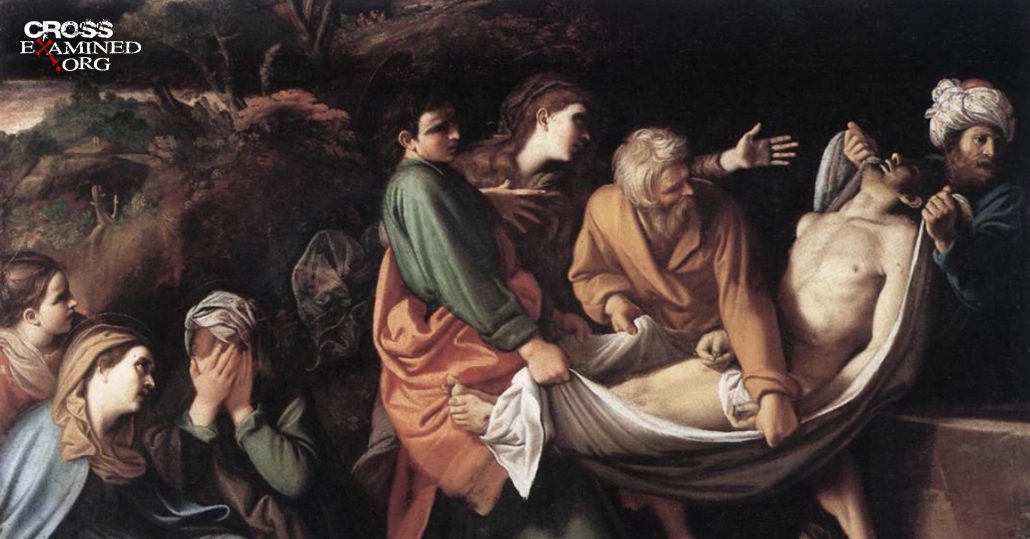
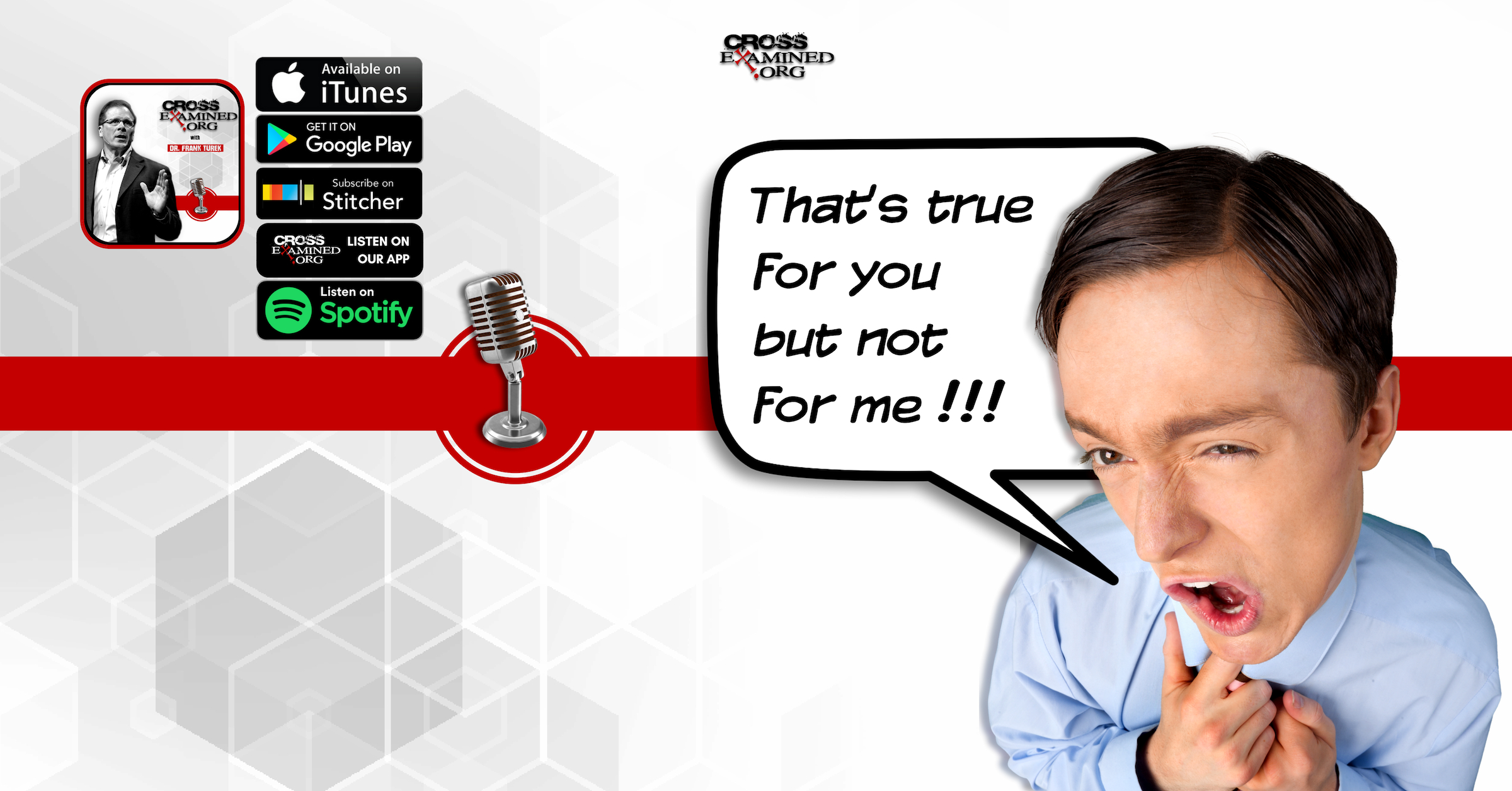
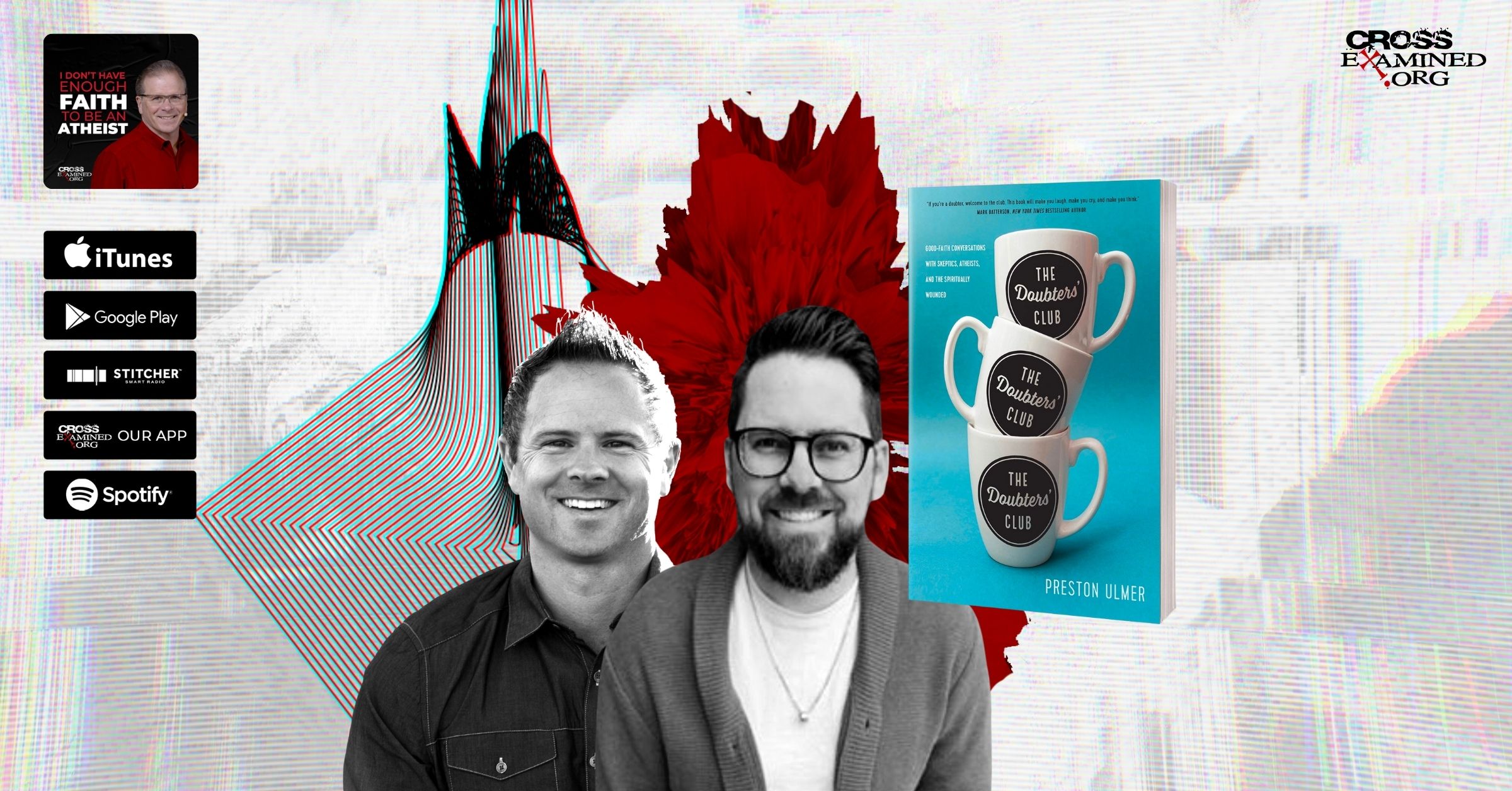

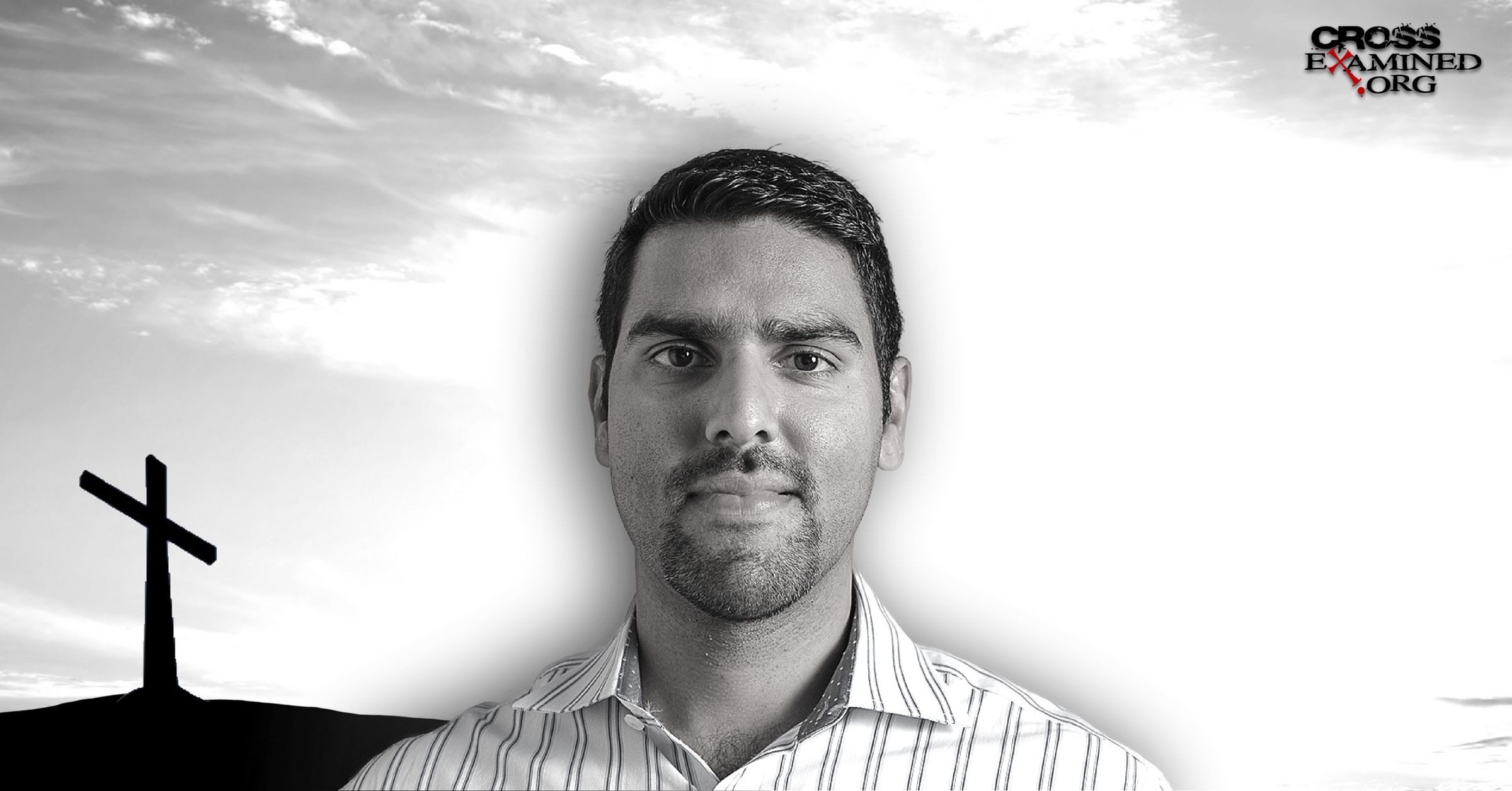


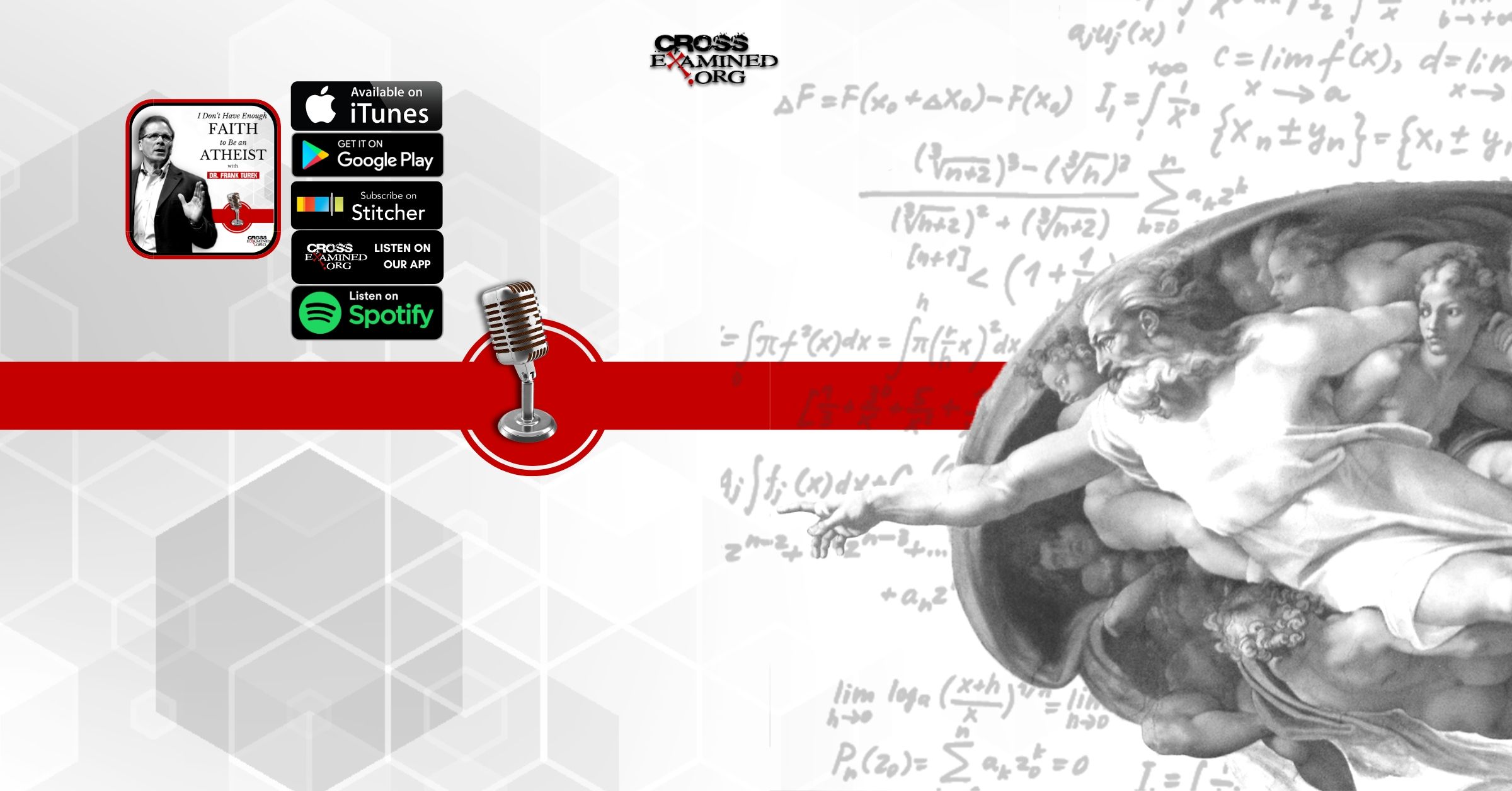
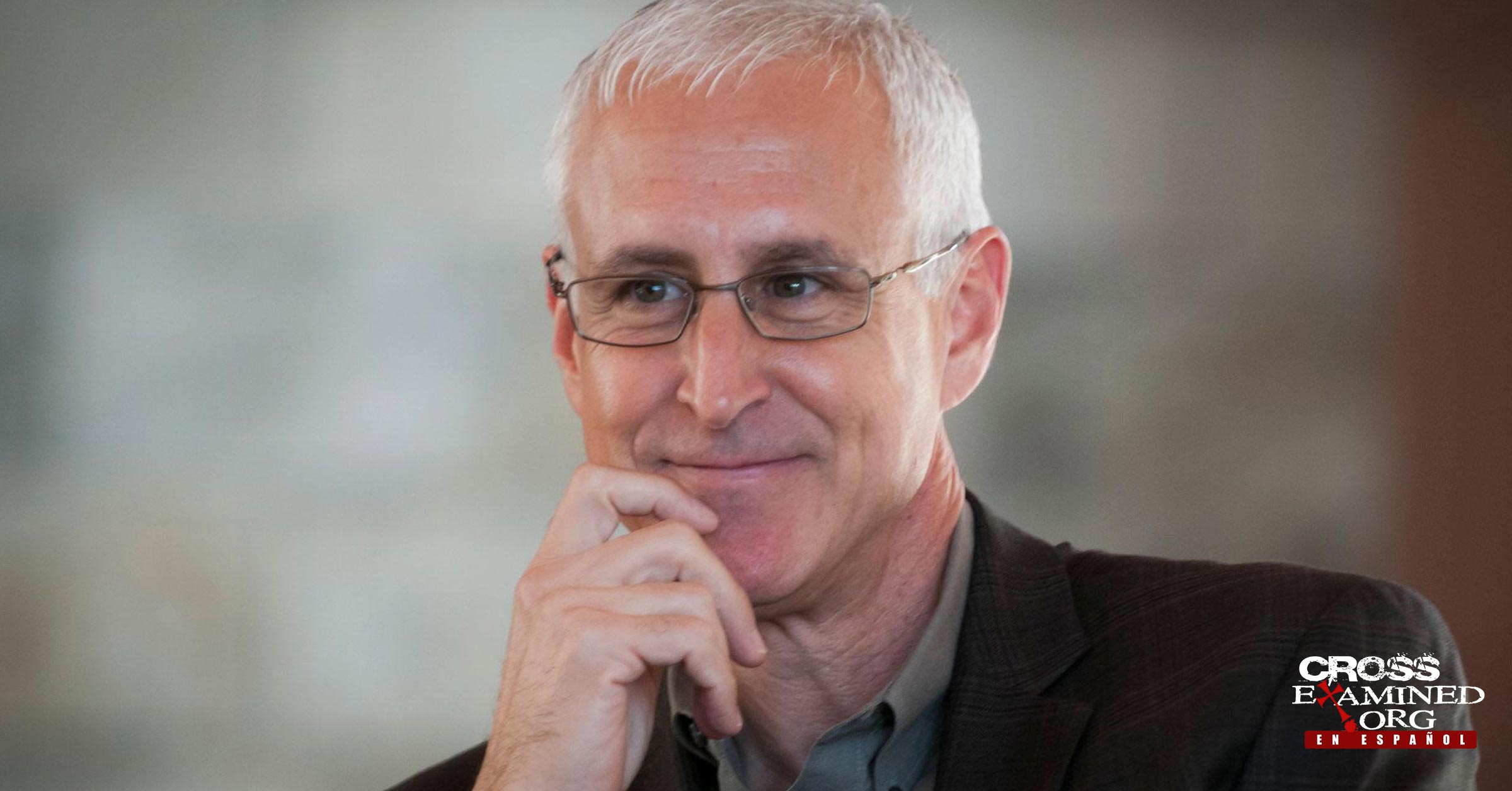
Leave a Reply
Want to join the discussion?Feel free to contribute!